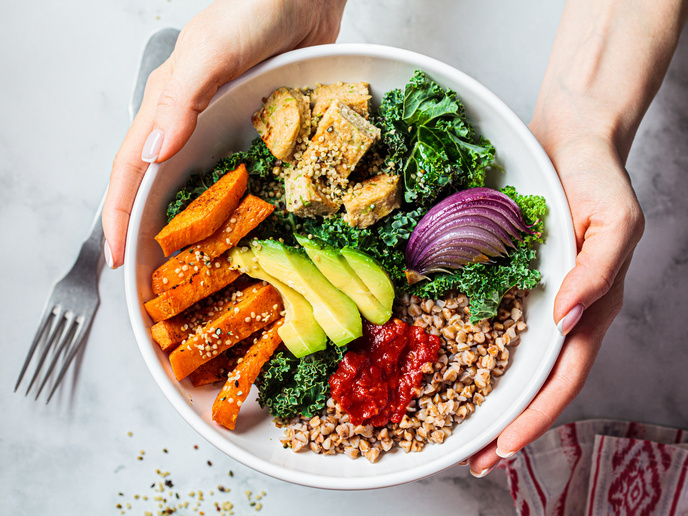Innovative ingredient platform delivers personalised nutrition
The impact of Europe’s ageing population will increasingly be felt across a number of sectors, most notably perhaps in healthcare. At the same time, there is an emerging opportunity to better target this growing demographic with personalised products, specifically adapted to their needs. “There are a number of major diseases related to age and diet, including diabetes, hypertension and cognitive health-related conditions,” says FODIAC(opens in new window) project coordinator Lorenzo Pastrana from the International Iberian Nanotechnology Laboratory(opens in new window) in Portugal. “We know that dietary interventions can help to moderate and control some of the adverse effects of these diseases.”
Nutrition to boost active ageing
The overall aim of the FODIAC project, which was undertaken with the support of the Marie Skłodowska-Curie Actions(opens in new window) programme, was to establish connections between industry and academia, in order to design foods that can help boost active ageing. This was achieved through staff exchanges between seven academic and eight industry partners. “We began by identifying bioactive ingredients that could address certain age-related diseases,” explains Pastrana. “For example, polyphenols(opens in new window) have many beneficial properties.” The next step was to develop methods for extracting these bioactive molecules from food waste streams, for example from wineries, and herbal and fruit manufacturers. These methods needed to be solvent-free, scalable and easy to implement. “This is where cooperation with industry was so important,” adds Pastrana. Next, the project team examined how the extracted polyphenols could be incorporated into elderly-friendly food and beverage products. As polyphenols are highly sensitive to typical food processing conditions, the molecules were first encapsulated(opens in new window), before being introduced into the processing phase. The project team then worked with the food manufacturers and retailer partners to produce final products, in order to assess in vitro the resulting nutritional benefits.
From extraction to food formulation
“We were able to successfully achieve all these steps, from extraction and encapsulation to incorporation in food and beverage products,” remarks Pastrana. “The final step would have been to trial various products with volunteers at participating retirement homes, but unfortunately the COVID pandemic made this impossible.” Nonetheless, the project team was able to demonstrate the acceptance by elderly consumers of a polyphenol-strengthened beverage at several residences in Spain, and successfully showed that useful bioactive compounds could be extracted from food waste streams. “In principle, we have all the elements in place to convert this into a commercial reality,” says Pastrana.
Future of personalised nutrition
Moving forward, Pastrana sees other possibilities. “While this project focused on the elderly, there are other consumer groups we could focus on,” he adds. “We could for example apply our method to extract and integrate molecules that might, say, help fight childhood obesity.” Pastrana also sees huge potential in further personalising nutrition. “Our platform allows us to produce products specifically designed for elderly consumers,” he notes. “But imagine that you are an individual that requires an extra dose of, say, calcium. How can we incorporate this demand?” The next major step here, believes Pastrana, will be to incorporate the FODIAC platform into additive manufacturing. Food inks that include the various encapsulated molecules, such as polyphenols, would be activated to order, perhaps via a digital file sent from a doctor or healthcare provider. In a retirement home for example, this would mean that each meal could be specifically personalised to each individual’s nutritional needs.







